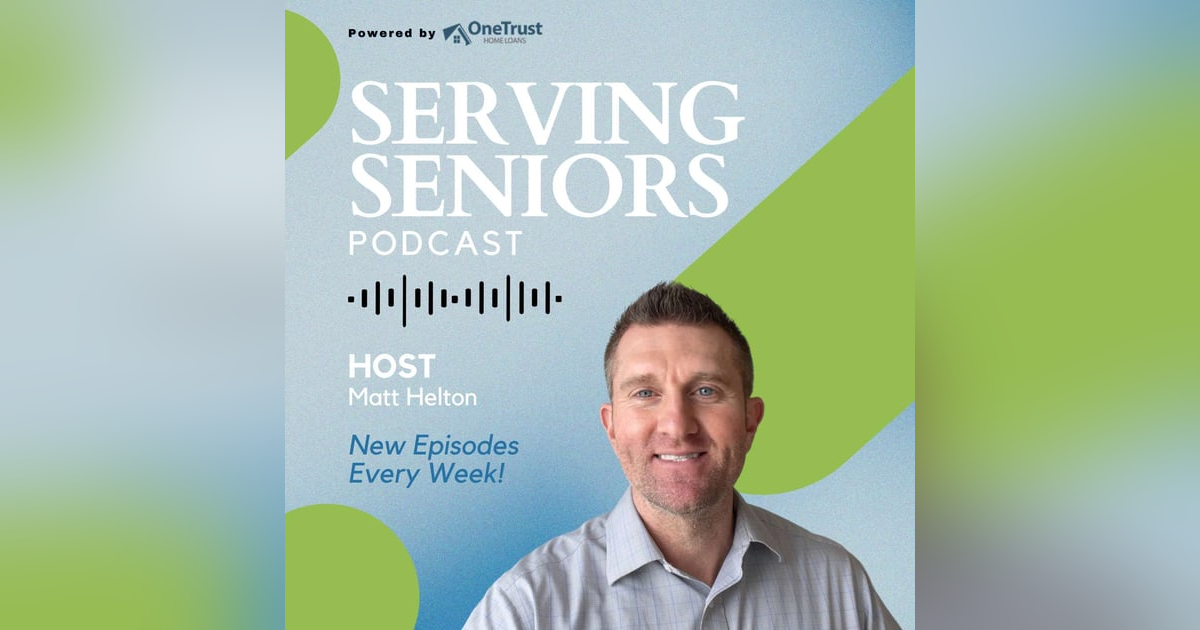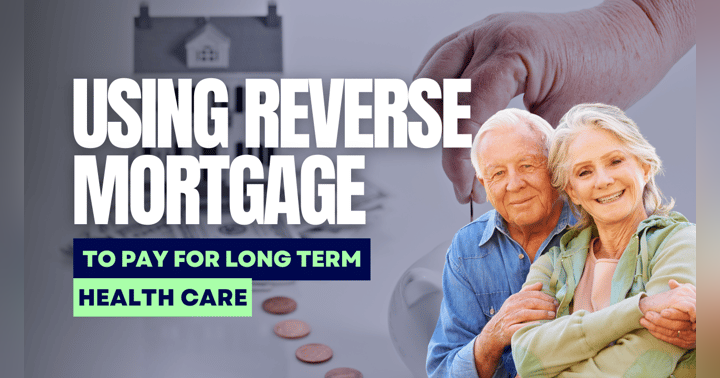Understanding Reverse Mortgages: A Guide for Homeowners Aged 62 and Older

Reverse mortgages, particularly Home Equity Conversion Mortgages (HECMs), offer a unique financial solution for homeowners aged 62 and older. But what exactly is a reverse mortgage, and how does it differ from traditional home loans?
A reverse mortgage is a special type of loan that allows senior homeowners to borrow against their home equity. Unlike traditional mortgages where you pay the lender, a reverse mortgage pays you, using your home as collateral. The title of your home remains in your name, and you don't have to make monthly mortgage payments. Instead, the loan balance grows over time, as interest and fees are added each month.
One key aspect of reverse mortgages is that the loan amount increases over time, reducing your home equity. It's not free money; it's a loan where the balance grows due to accumulated interest and fees. The loan is typically repaid by selling the home when the borrower no longer resides there. It’s crucial for homeowners or their heirs to understand this as they will eventually need to repay the loan.
However, homeowners need to be vigilant about potential scams. For instance, beware of contractors who suggest a reverse mortgage to pay for home repairs, as this could be a scam. Also, veterans should be cautious of misleading advertisements related to reverse mortgages, as the Department of Veterans Affairs (VA) does not offer these loans.
If you decide to proceed with a reverse mortgage, it's important to know that you have a three-day right of rescission. This means you can cancel the loan within three business days after closing, without penalty. To cancel, send a written notice to the lender via certified mail. Keep a record of all communications with your lender, as they are required to return any financing payments within 20 days of cancellation.
In summary, reverse mortgages can be a beneficial financial tool for seniors, but it's important to fully understand the implications, including the eventual repayment of the loan and the potential for scams. If you're considering a reverse mortgage, it’s advisable to seek advice from a financial advisor or legal professional to ensure it aligns with your financial goals and circumstances.

















